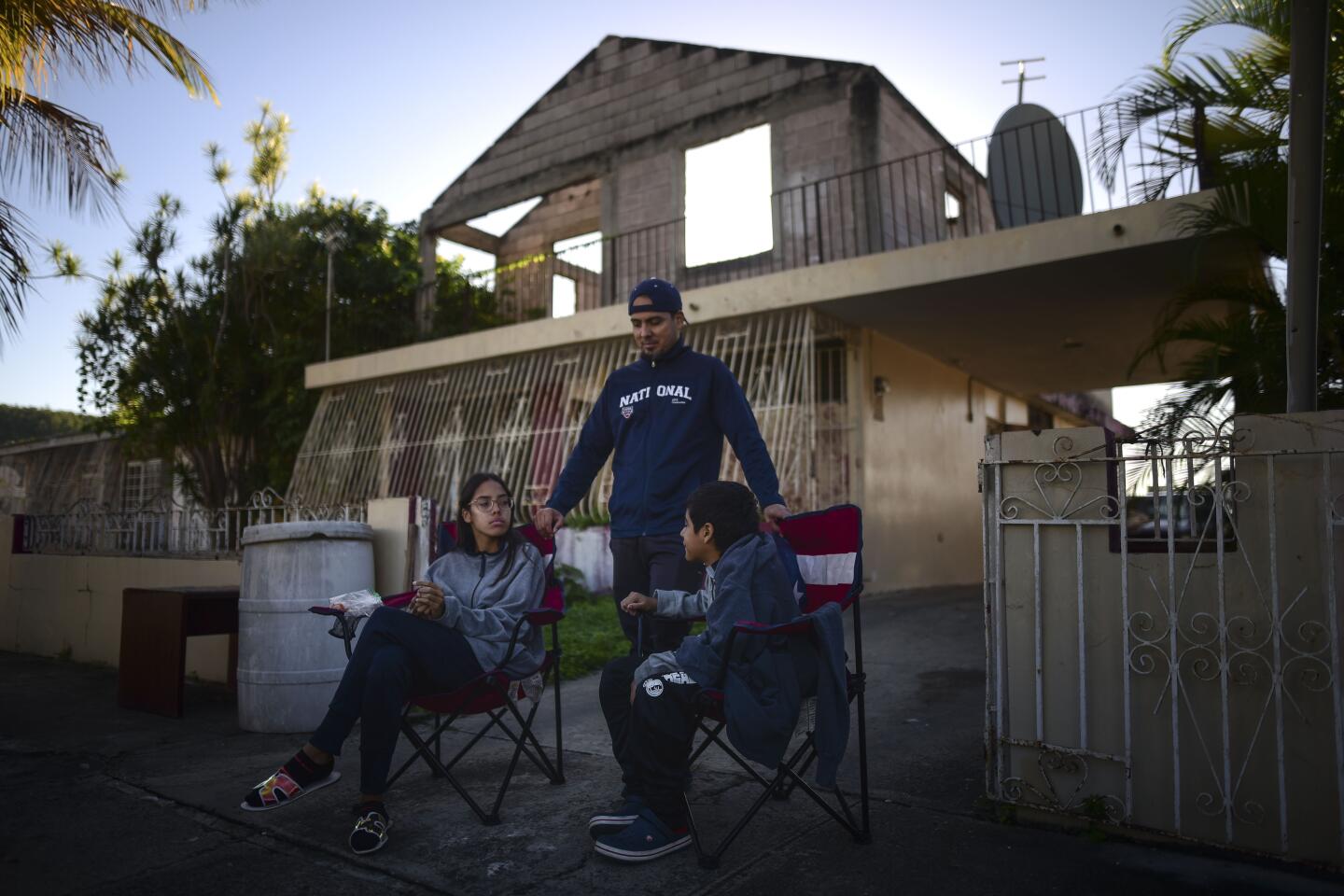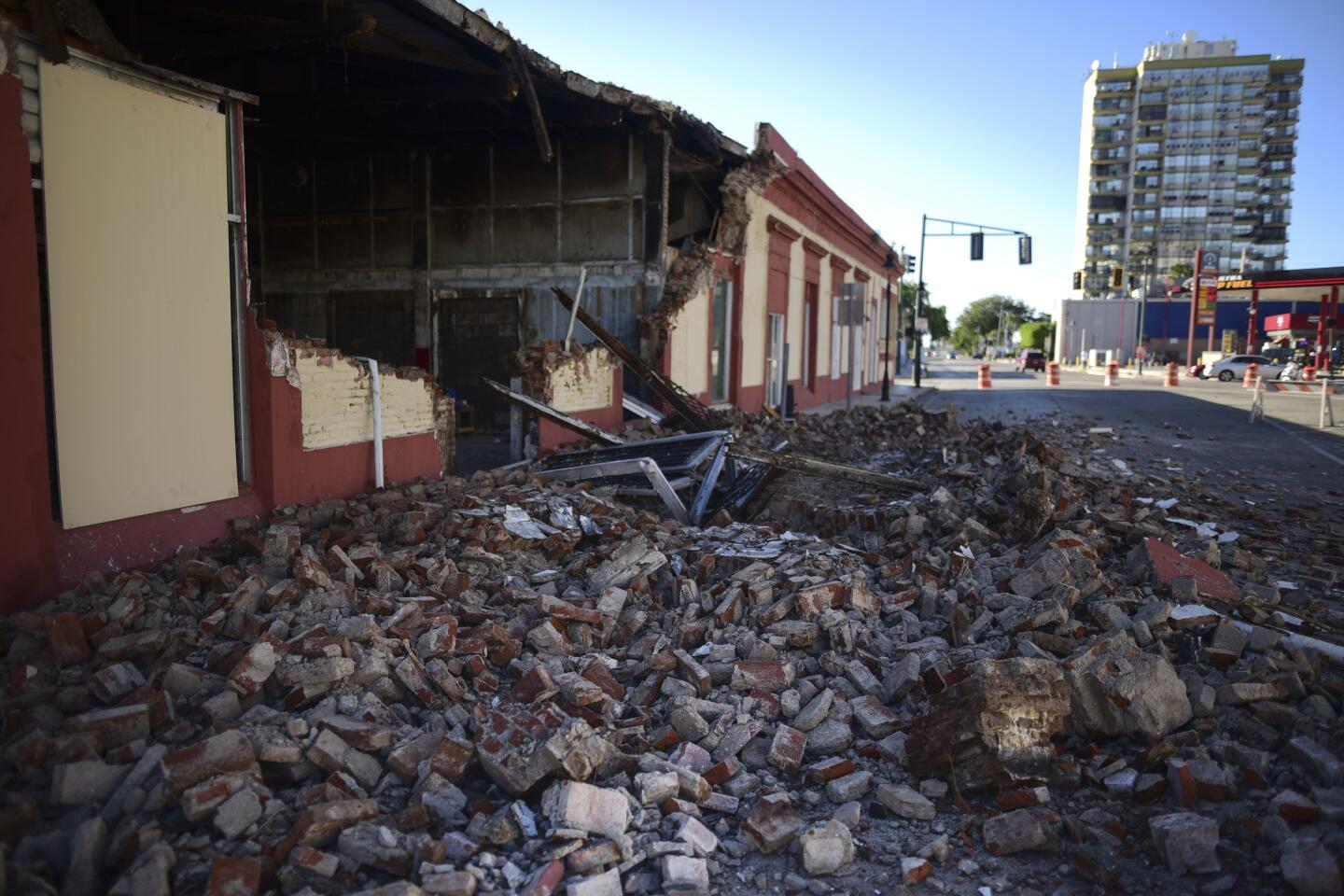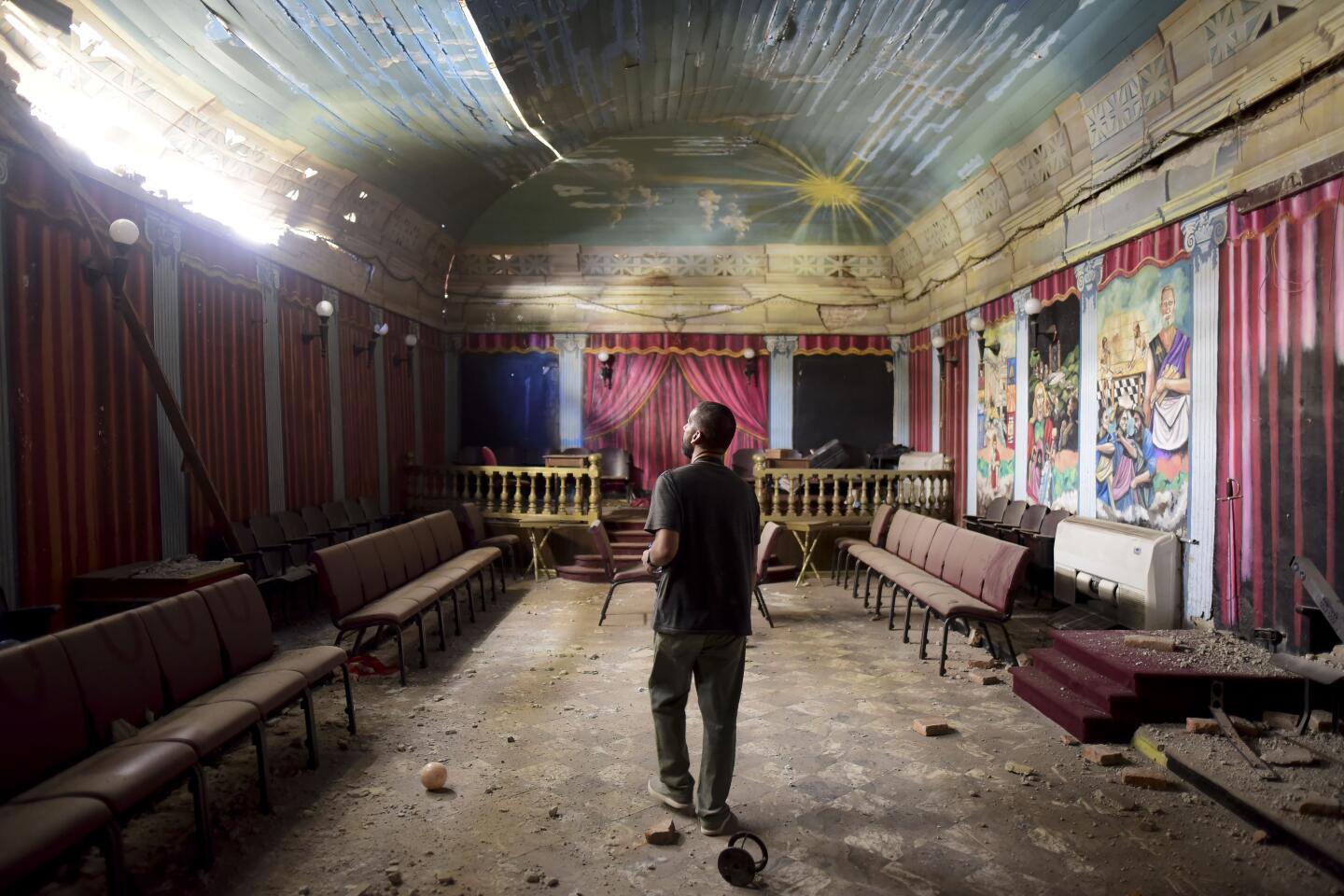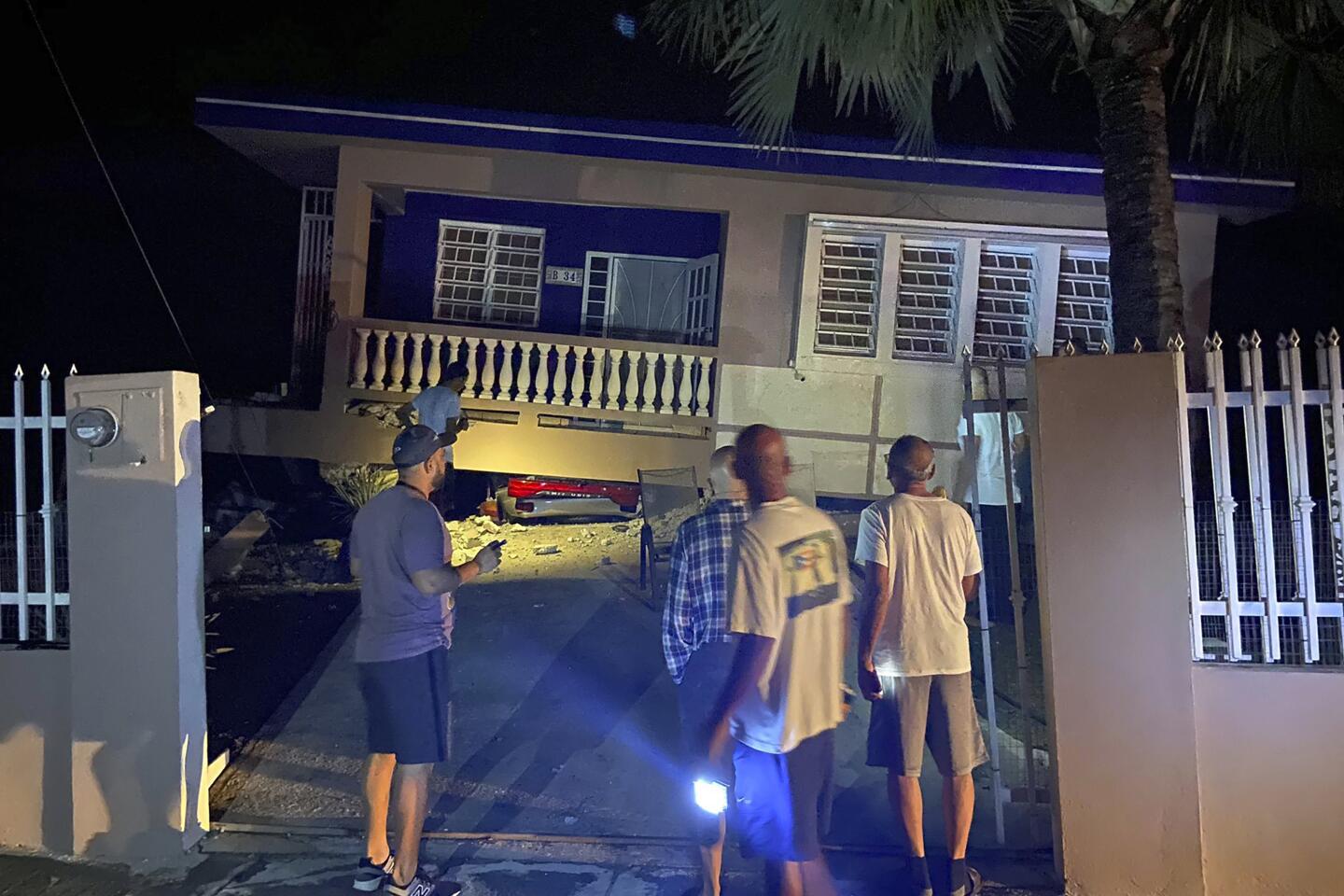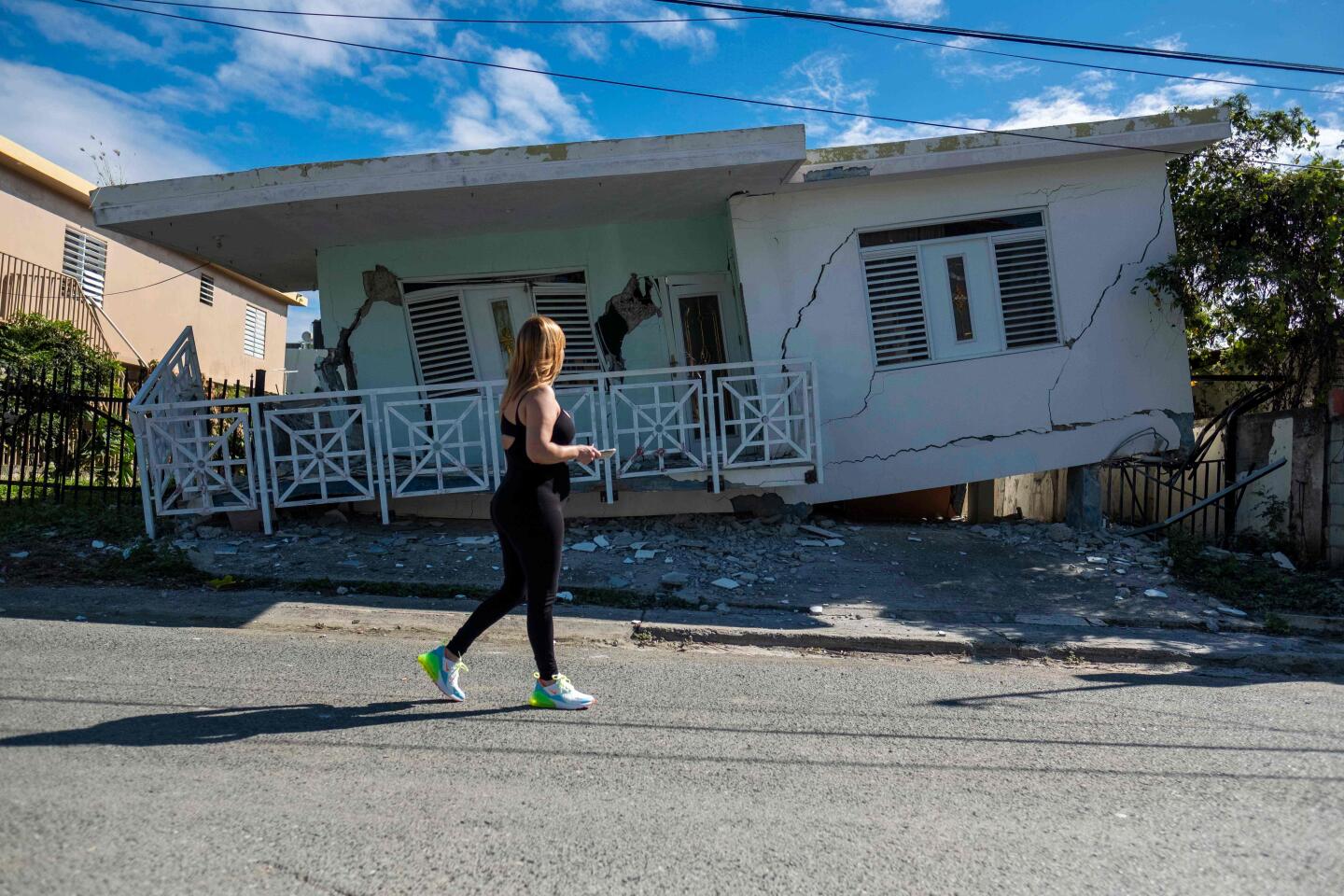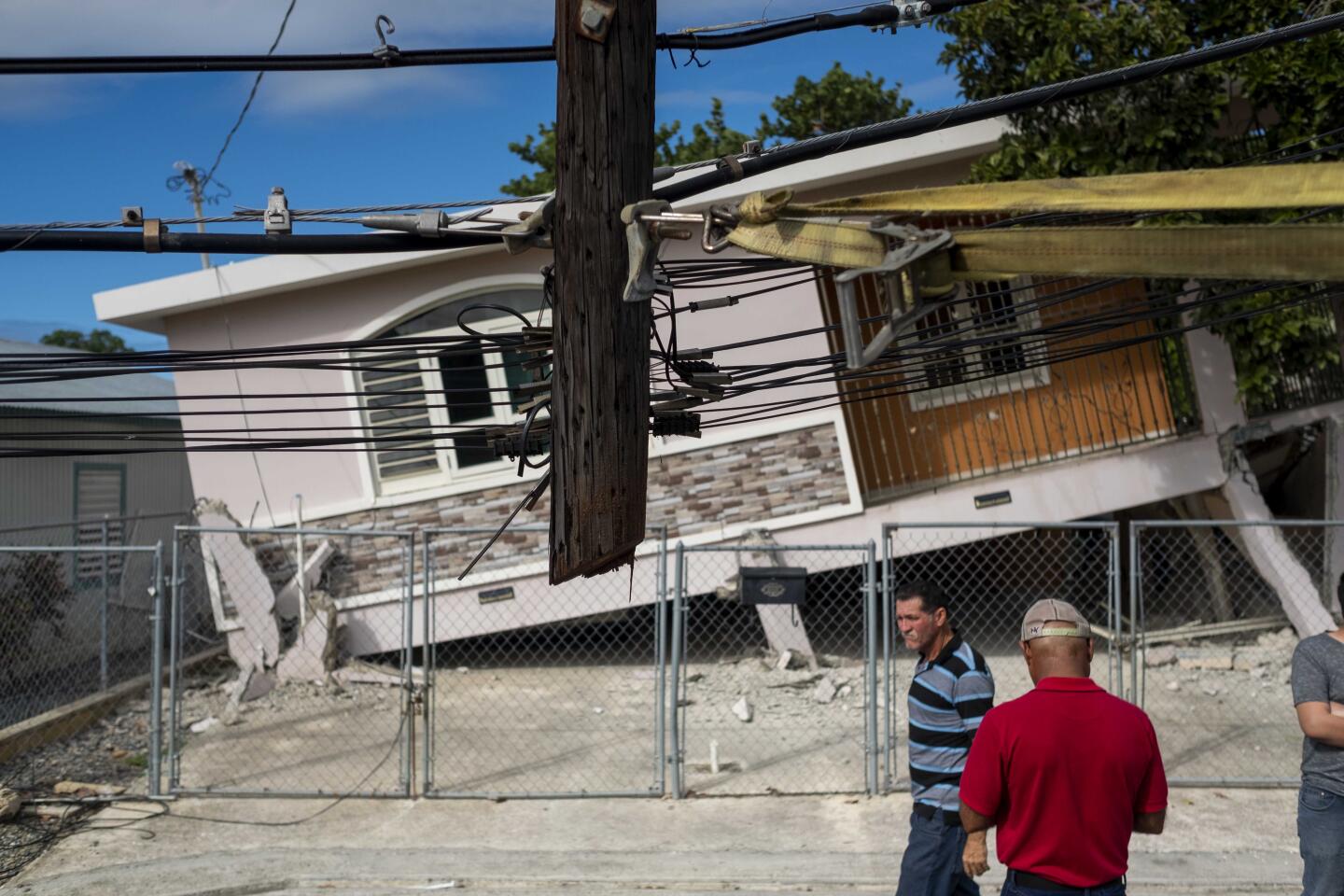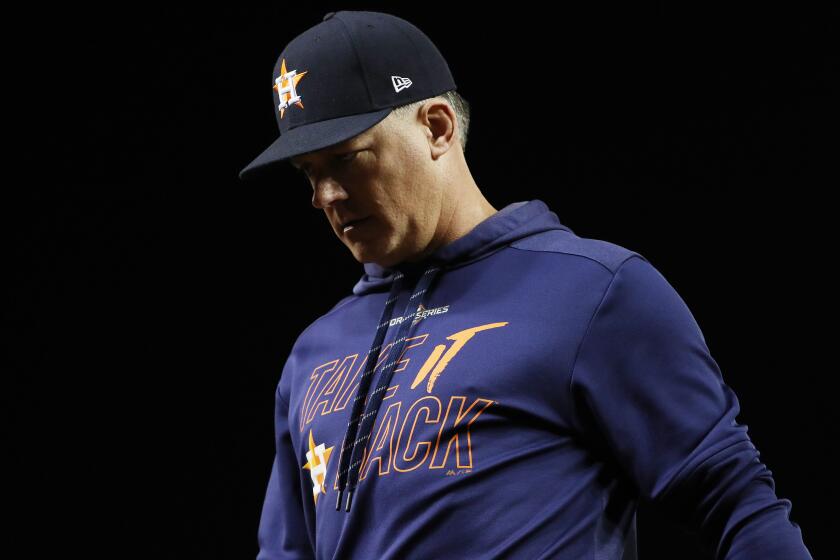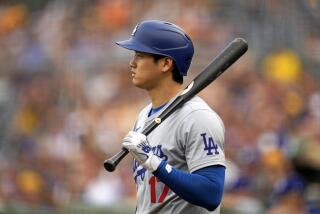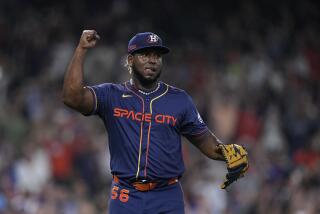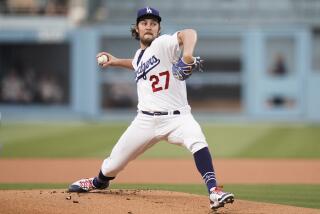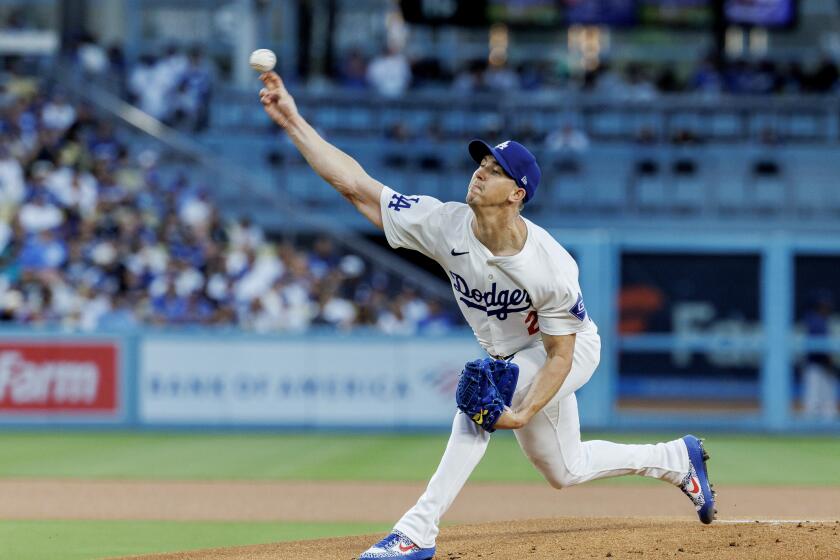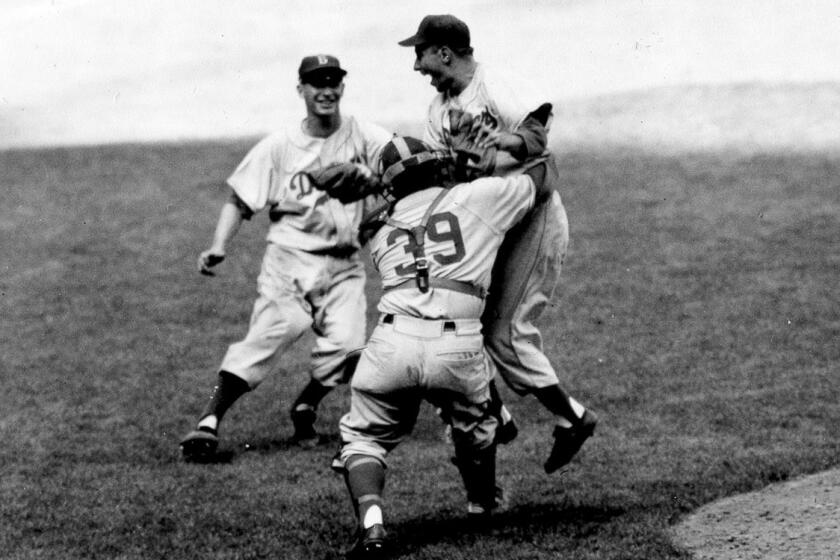Puerto Ricans conflicted over actions of countrymen Carlos Beltrán, Alex Cora
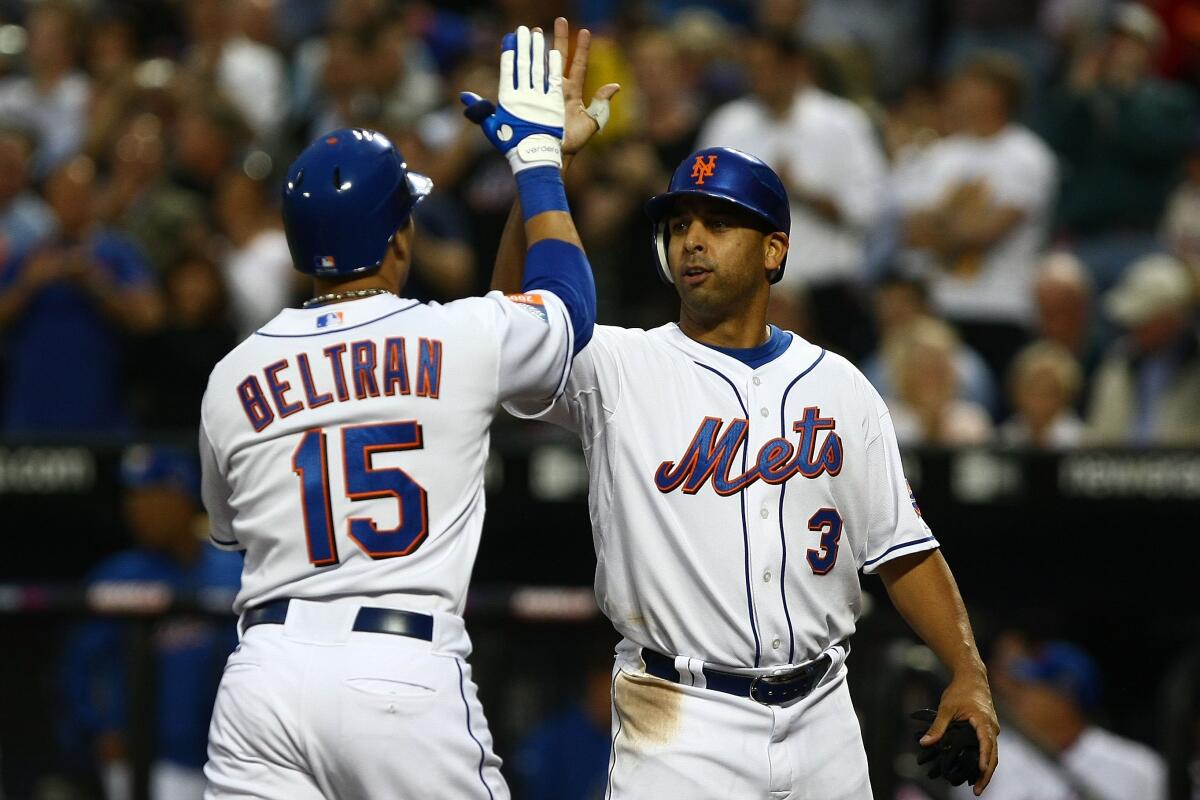
SAN JUAN, Puerto Rico — The fan in the white Carlos Beltrán jersey took gulps from his plastic cup of Medalla Light — the omnipresent locally brewed, low-cost lager — as he waited in line at a cash-only stand serving fried delights. A mass of people rushed around him through the Hiram Bithorn Stadium concourse minutes before the hosts — the Santurce Cangrejeros, winners of Puerto Rico’s winter league — confronted the Tomateros from Culiacán, Mexico’s champion, on the second day of the Caribbean Series last week.
Ricardo Ortega’s favorite player ever is Beltrán, a Puerto Rican who starred in the major leagues for two decades. At one point, Beltrán was the best player on Ortega’s favorite team, the New York Mets. But Ortega couldn’t sugarcoat his feelings on the prominent roles Major League Baseball determined Beltrán and Alex Cora, another beloved Puerto Rican baseball man, played in the Houston Astros’ illegal sign-stealing en route to winning the World Series in 2017.
“It’s a disgrace,” Ortega, 44, said. “It’s a stain to the name of baseball, the name of Puerto Rico. It’s a shame. I don’t think it had to get to that point. They had the talent to win.”
The disconnect between apparel and opinion was not lost on Ortega. It represents the complicated feelings for him and other proud Puerto Ricans. The situation is impossible to appraise without a hint of bias.
On one hand, Beltrán and Cora, by all accounts, knowingly broke the rules. On the other, Cora and Beltrán were heroes. Successful baseball men are among the most prominent people in Puerto Rico. They stoke pride and help place the island on the map internationally. Many speak out on political matters. They carry weight.
Beltrán was a nine-time All-Star and three-time Gold Glove outfielder over his 20 seasons. His résume has warranted Hall of Fame discussion. Off the field, he founded a baseball academy in Puerto Rico to help produce future ballplayers.
Cora’s playing career was less heralded, but he came up as a Dodger to play 14 seasons in the majors before becoming the first Puerto Rico-born manager to win a World Series with the Boston Red Sox in 2018. He used his platform to seize attention and gather aid after Hurricane Maria ravaged Puerto Rico.
Many Puerto Ricans believe they were unfairly blamed and the reaction is overblown. What about the others involved? Stealing signs has always been part of the game. Why the uproar? Leniency is a virtue when defending one of your own.
Puerto Ricans’ love for their countrymen resonated at the ballpark on the first night of the six-team tournament.
Middle-aged men, grayer and rounder than their fabled time together a quarter-century ago, slowly strolled onto the field one by one to roars, whistles and the sounds of vuvuzelas piercing the gooey humidity.
Roberto Alomar. Carlos Delgado. Juan González. Bernie Williams. Carlos Baerga. Rubén Sierra. Roberto Hernández. They were a who’s who of Puerto Rican baseball royalty, squeezed into red, white, and blue jerseys for a commemoration 25 years after they starred on Puerto Rico’s “Dream Team” and rammed through the competition for a Caribbean Series title.
It was a refreshing and nostalgic moment as Puerto Rico drifts through a darker time.
Hours earlier, the island celebrated the end of January like it was New Year’s Eve. Fireworks exploded over the capital city once the clock struck midnight, flipping to February and leaving behind a month that felt like a year marked by a relentless series of anxiety-inducing earthquakes and subsequent protests against the government for its response to the crisis.
The anger peaked when residents discovered a warehouse full of unused emergency supplies in Ponce, a city on the southern part of the island hit hard by the temblors. The aid had piled up in the building after Hurricane Maria ravaged Puerto Rico in September 2017. Residents, already skeptical of the local government, became outraged again, calling for the resignation of Gov. Wanda Vázquez, whose tenure began in July after Ricardo Rosselló resigned from the position.
Not even their beloved baseball figures were immune from the month’s scourge.
Beltrán and Cora were rising stars in the MLB managerial ranks until Jan. 13, when MLB released the results of its investigation into allegations that the Astros broke rules to steal signs during a season that resulted in their defeating the Dodgers in the World Series.
The two were front and center in the nine-page report outlining the Astros’ illegal tactics. Cora, the Astros’ bench coach in 2017, was described as the scheme’s mastermind. Beltrán, then in the final season of his decorated playing career, was the only player mentioned at all. Neither man was punished directly, but the fallout was swift.
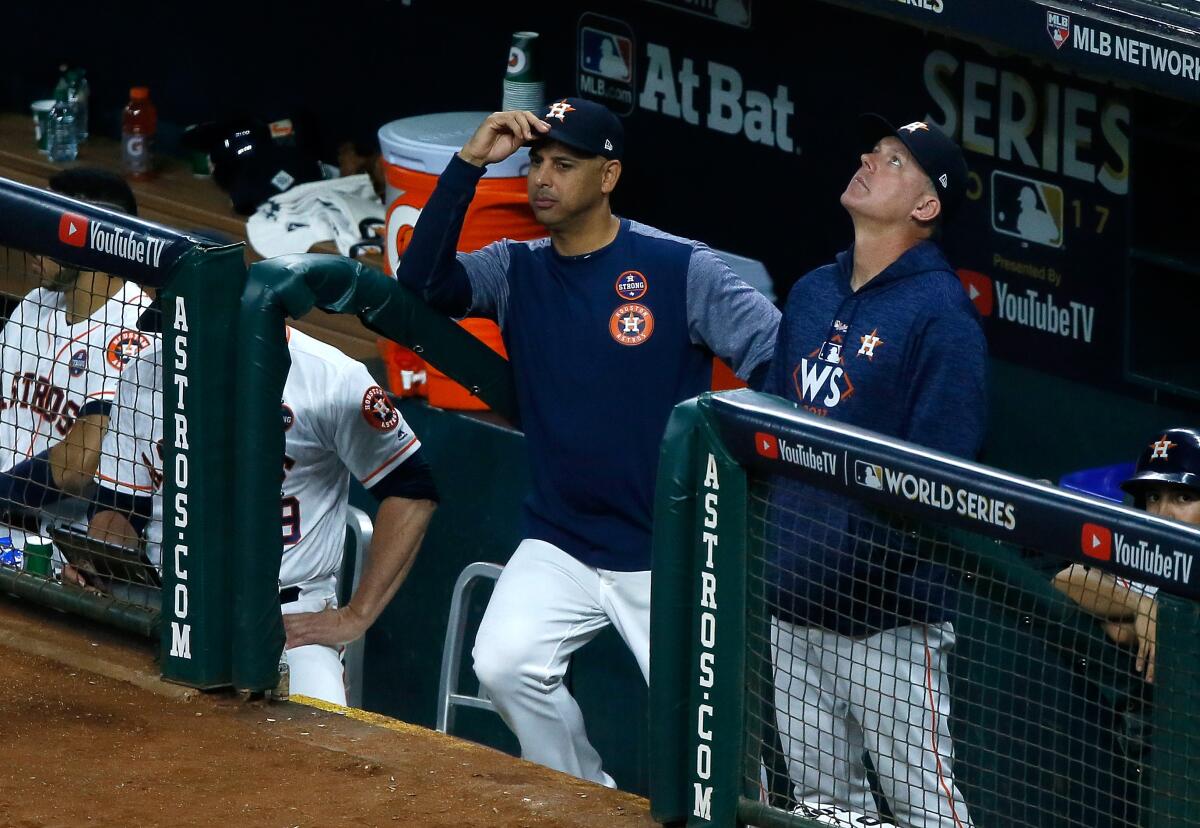
Within days, the Red Sox dismissed Cora as manager while MLB continued conducting an investigation into the 2018 Red Sox, who beat the Dodgers to win the World Series. Later in the month, the Mets let Beltrán go as manager after hiring him in November. The turn of events stunned Puerto Ricans.
“It’s a combination of emotions and reactions, between upset and frustration, pity,” said Edwin Rodríguez, the first Puerto Rico-born manager in major league history. “It was a combination of everything. It hurt me a lot.”
Rodríguez, manager of the Florida Marlins for 163 games during 2010 and 2011, had spoken to Cora a day earlier. He’s known the Cora family for decades. He considers Alex Cora a good friend and is worried Cora will never get another big league managerial job no matter how severe MLB’s punishment is once the league releases the results of the Red Sox probe.
On top of that, the genesis of the scandal — former Astros pitcher Mike Fiers going public in November — irks Rodríguez, who is entering his second season as manager of the San Diego Padres’ triple-A affiliate and managed Puerto Rico in the last two editions of the World Baseball Classic.
“If it bothered him so much that they were cheating, why not say something when pitchers put on pine tar and other substances on the ball, including him?” Rodriguez said. “Why doesn’t he say it? If it bothers him so much, he knows people are using steroids, why doesn’t he say it? If you’re so bothered for baseball’s well-being, look, put all the cards on the table. It bothers me because he was very selective and he was a coward to say it. If he’s going to throw out that situation, throw it all out.”
“Me, as a Puerto Rican, as a Latino, as a person in baseball, I’ll always support them.”
— Lino Rivera on Carlos Beltrán and Alex Cora
Rodriguez insisted he doesn’t believe Cora and Beltrán’s troubles will inhibit Puerto Ricans from rising to managerial positions in the future. One Puerto Rico-born manager remains in the majors — the Toronto Blue Jays’ Charlie Montoyo. Dave Martinez, who is of Puerto Rican descent, manages the Washington Nationals.
Lino Rivera is a Puerto Rican striving to reach that pinnacle. The 53-year-old has managed teams in the Puerto Rican, Mexican and Dominican leagues since 2004, winning championships in each country. This winter, he led the Dominican league’s Toros del Este to the Caribbean Series in his homeland.
He fielded a question about the scandal after his team’s first game in the tournament. The question was met with groans and eye rolls from media members wary of the sensitive topic.
Rivera explained he was proud of the men and believed the situation was “a little exaggerated.” He called Cora an extraordinary human being. Then he joked that he would’ve put up a gigantic screen behind the dugout to execute the sign-stealing operation.
“The situation is unfortunate, same as Beltrán’s, but you have to live with it,” Rivera said. “My message is to have your mind clear, your head held high. Me, as a Puerto Rican, as a Latino, as a person in baseball, I’ll always support them.”
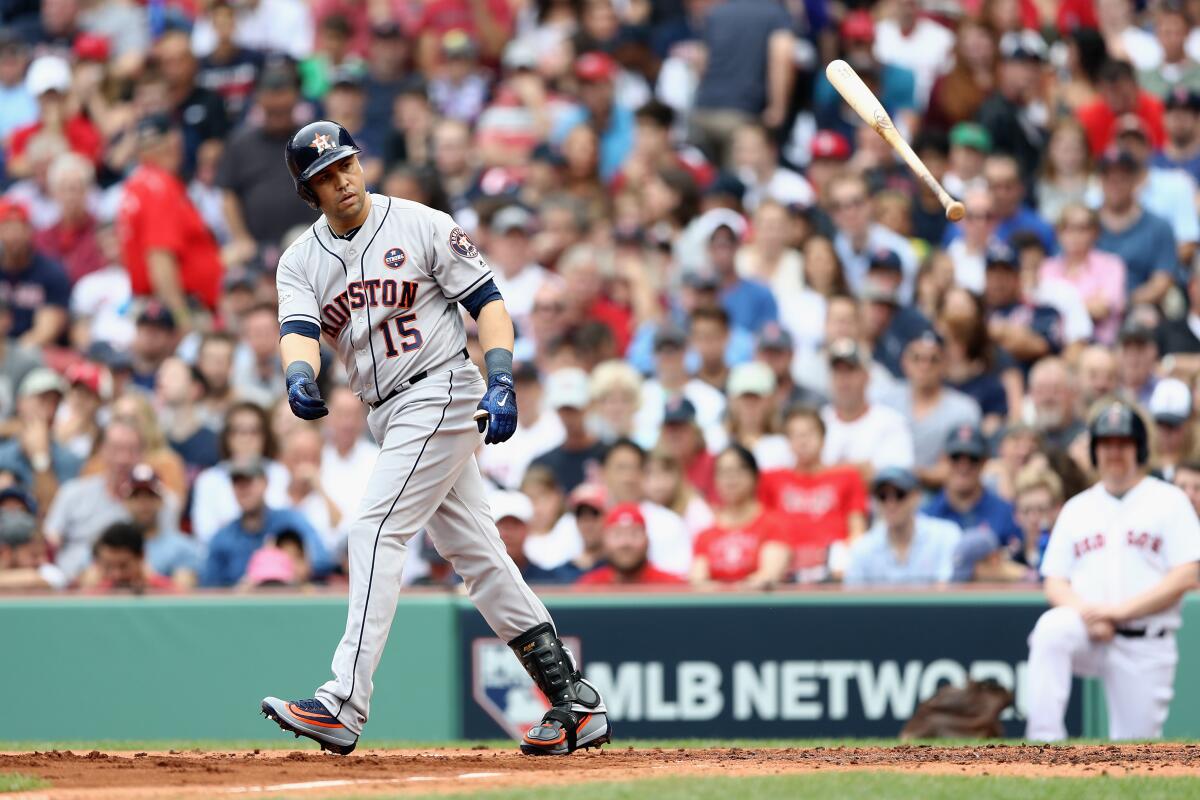
The rambunctious Ozzie Guillén, out of baseball since a bumpy one-year managerial tenure with the Marlins in 2012, was on the island to watch his 28-year-old son, Ozney, manage Colombia in the tournament. Guillén, the first Latino manager to win a World Series when he led the Chicago White Sox to the title in 2005, took to the podium and did not hold back.
Guillén, a Venezuela native, referred to Cora as another son; Cora’s older brother, Joey, was Guillén’s bench coach in Chicago and Miami. He maintained Cora and Beltrán’s actions were unacceptable but insisted they took the fall for a problem that extends well beyond them. He emphasized they deserve second chances.
“I don’t agree with what [Cora] did, but we can’t make him a piñata,” Guillén said. “I remember what Alex Cora did for this country and you have to feel proud. Not because of what he did now — that’s unfortunate — but I hope that his black cloud passes soon.”
Fired Astros manager A.J. Hinch told MLB Network he can’t ‘pinpoint the advantages’ of illegal sign-stealing, and he hopes time heals reputations.
This week, the Caribbean Series became a timely outlet in the storm. Every day fans flocked to the ballpark to root for their own. José Cruz of the inland city of Cidra was one. The 50-year-old drove an hour from his home to watch Puerto Rico face Mexico. His sister had been cremated hours earlier.
“I had the tickets,” Cruz said. “Life goes on.”
Cruz said he didn’t believe Beltrán should’ve lost his job. He said both men became scapegoats for a far-reaching problem and he questioned Fiers’ motives. But he understood punishment was necessary. It was complicated for him and the others flooding Hiram Bithorn Stadium all week.
“They’re two decent people, which makes it sad,” Ortega said. “It’s difficult and unfortunate. But they’ll take the hit and God will forgive them. They’re genuine people. I hope they have an opportunity in the future.”
More to Read
Are you a true-blue fan?
Get our Dodgers Dugout newsletter for insights, news and much more.
You may occasionally receive promotional content from the Los Angeles Times.

